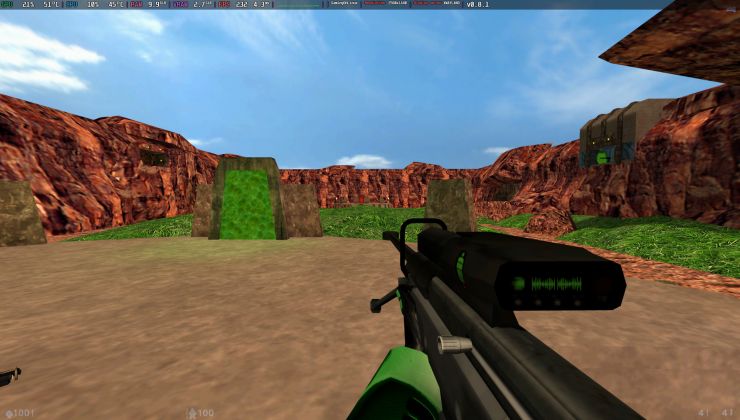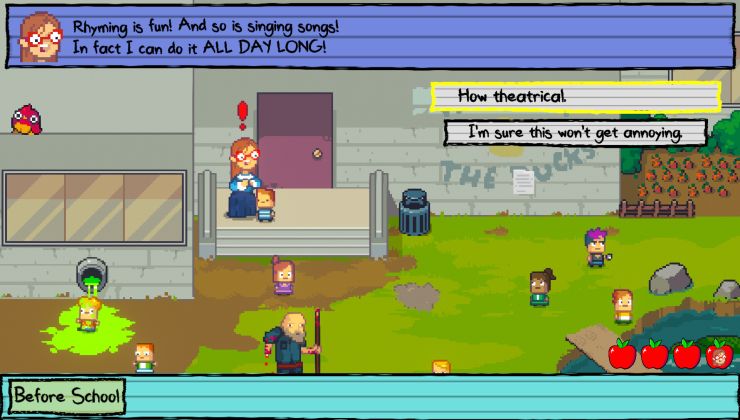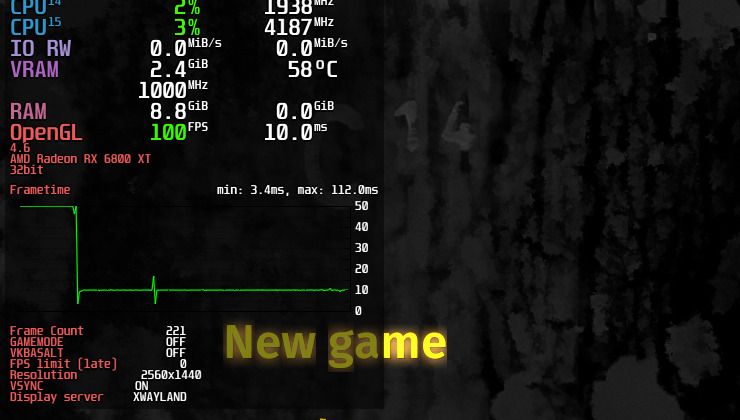Steam Audio is a full-featured audio solution for game developers, and now anyone can pretty much do anything with it as Valve has made it entirely open source. Valve continues to show to others how it's done, with lots of their developers and contracts with others (like CodeWeavers for Proton) working on various open source projects.
Writing in an announcement on Steam, Valve said "With this release, our goal is to provide more control to developers, which will lead to better experiences for their users, and hopefully valuable contributions back to the wider community of developers using Steam Audio". It's available under the Apache 2.0 license, as Valve say it allows "developers to use Steam Audio in commercial products, and to modify or redistribute it under their own licensing terms without having to include source code". Obviously though they hope people contribute back to it.
Part of why they've open sourced it is because development is driven by their own internal projects, which might not line up with what external developers need so they did this to remove roadblocks for developers to pick it up and do what they want.
Steam Audio works on Linux, macOS, Windows, Android with integrations for Unity, Unreal Engine 4, a C API and FMOD Studio.
See more on the official site and GitHub.
they can put the extra developers to work writing Portal code for Source 2.Out of curiosity, why do you think they're porting any of the Portal games to Source 2?
(Obligatory: Ethan Lee is awesome)







 How to get Battlefield 3 and Battlefield 4 online working on Linux, SteamOS, Steam Deck
How to get Battlefield 3 and Battlefield 4 online working on Linux, SteamOS, Steam Deck How to use MangoHud for Linux game performance monitoring
How to use MangoHud for Linux game performance monitoring